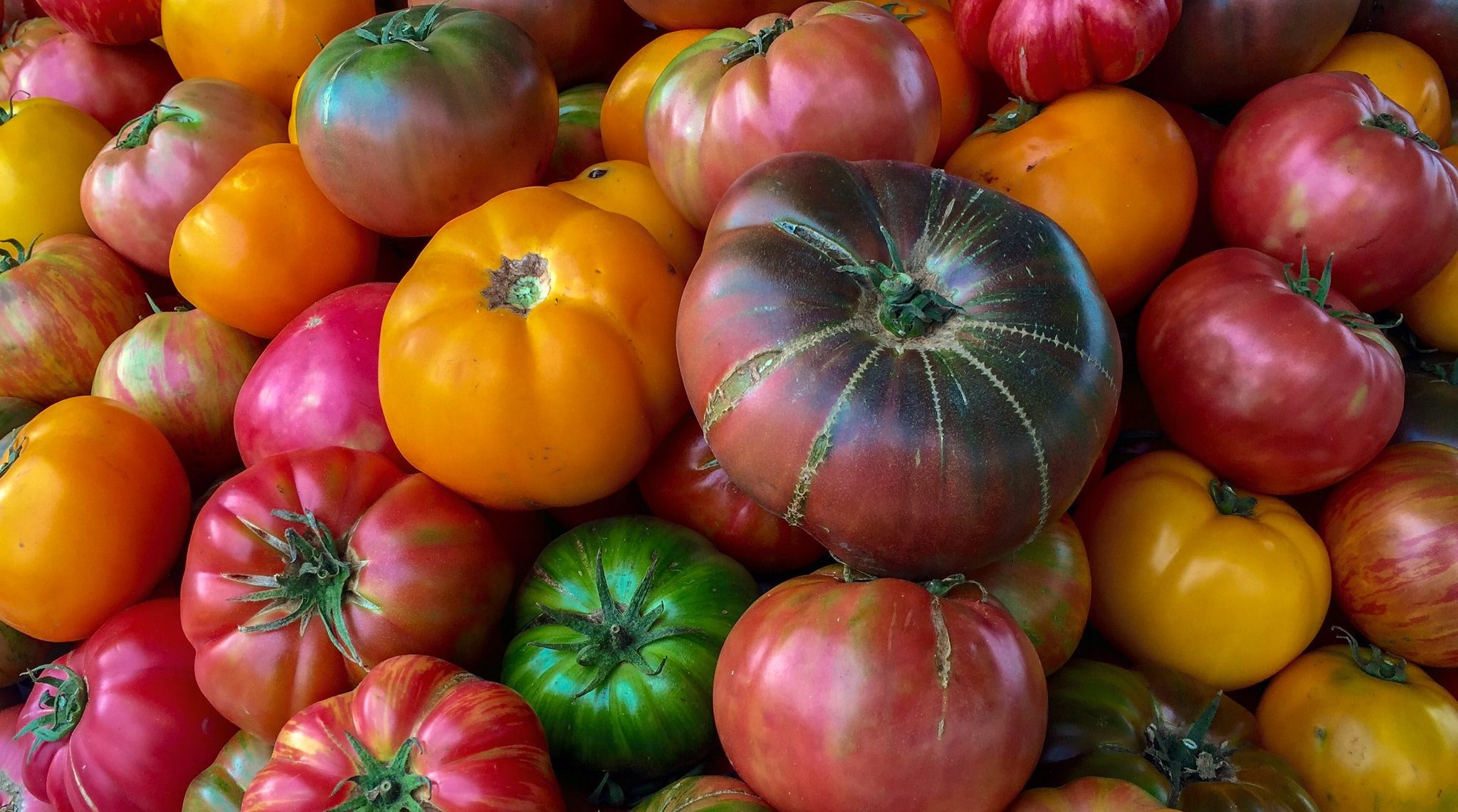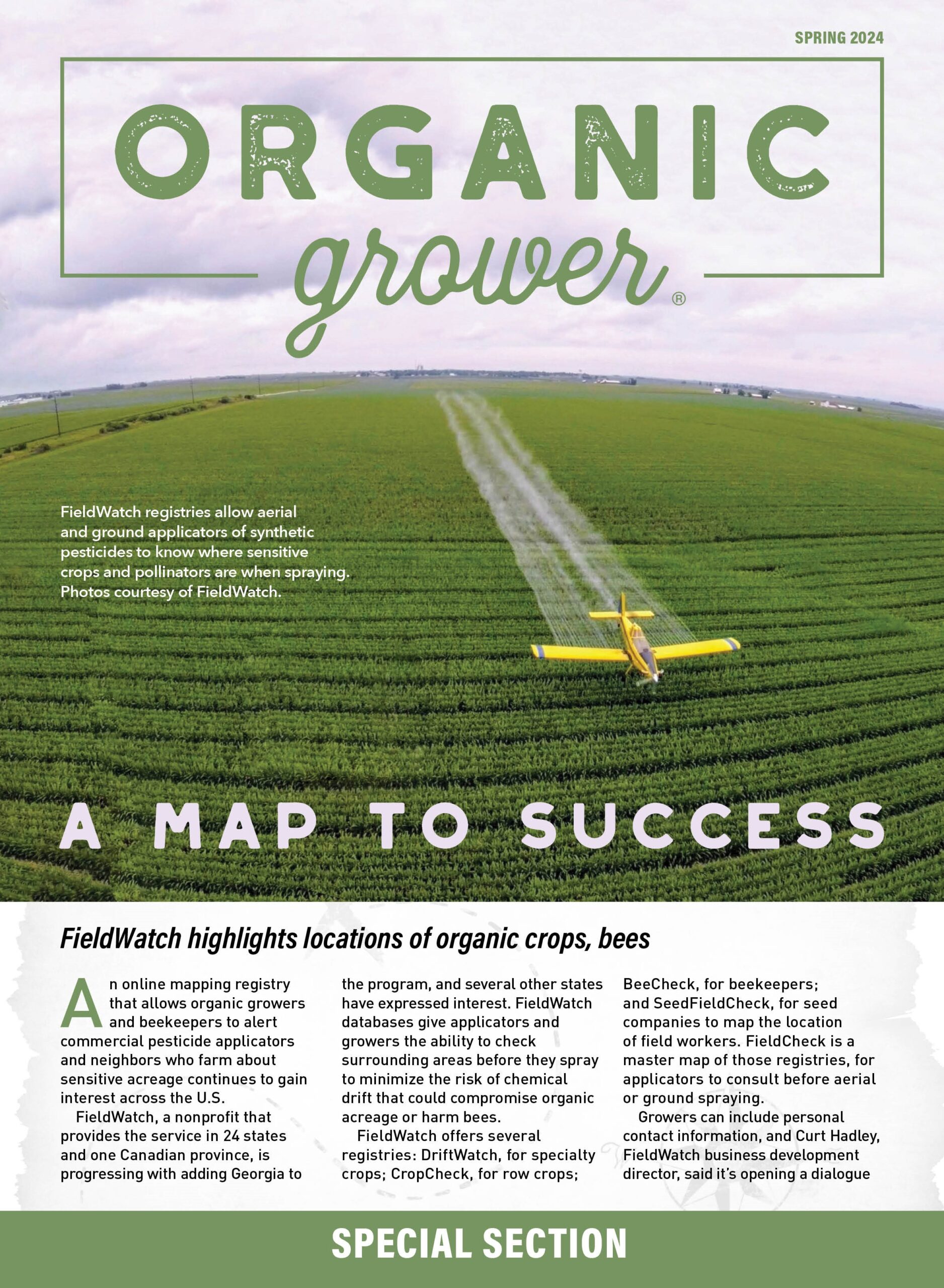
Jun 11, 2020
Study shows how organic fertilizer makes tomatoes more nutritious
A recent report from Washington State University (WSU) researchers found a big difference in how a single tomato variety will respond to organic fertilizer compared to conventional fertilizer.
Researchers grew commercially developed Oregon Spring tomatoes in two groups for each kind of fertilizer and examined the tomatoes’ responses.
The study found that using organic fertilizers resulted in lower yields, but increased the nutrient level of the tomatoes.
“We cited a lot of previous publications,” said WSU professor Amit Dhingra, senior author on the published research. “There are many studies that have been done showing that the amount of phytonutrients is higher; however, the yield is lower.” Yields drop from 5-34% when the plants run off of organic fertilizer.
However, what’s less clear is why and how tomato plants react that way. Dhingra and his associates found that the “expression pattern” of the entire genome of the tomato plant shifted depending on the fertilizer they had. At the cellular level, the RNA that interprets the DNA reacted to the organic fertilizer by building a different set of proteins, resulting in more antioxidants, phenolic compounds, carotenoids and vitamin C.
Dhingra, who works on the cutting edge of horticultural research at WSU, said the study is not saying organic is better or healthier, and he’s not taking sides with organic or conventional agriculture.

“The reason I’m neither against nor for any of these things is because I grew up in India in the ’70s and ’80s,” he said. “Commercial fertilizer was not freely available. Farmers were not using conventional fertilizer, and whatever they could use to kill the bugs, they did.”
Besides Dhingra, the team of WSU authors included Richard M. Sharpe, Luke Gustafson, Seanna Hewitt, Benjamin Kilian, James Crabb, Christopher Hendrickson, Derick Jiwan and Preston Andrews. Their research, titled “Concomitant phytonutrient and transcriptome analysis of mature fruit and leaf tissues of tomato (Solanum lycopersicum L. cv. Oregon Spring) grown using organic and conventional fertilizer,” was published online in January on the nonprofit open-access website PLOS.
The scientific questions were, Dhingra said, to establish where the organic crop nutrients were coming from and why yields were dropping.
“Because we are providing tomatoes a fertilizer they are unable to use efficiently, it activates certain processes that detoxify the fertilizer to some extent,” he said. “Because the ammonia that is present in organic fertilizer is somewhat toxic, but the plant is able to overcome that, but it has to expend energy in that direction, along with the energy it has to produce the phytonutrients.”
The phytonutrients, he said, help protect the tomato plant from the stressors such as the ammonia that come in compost. But for people, nutrients such as lycopene have a variety of health benefits.
There are a variety of implications for organic growers. One is the potential for developing organic seed varieties.
“If you go to the wild varieties – for instance, tomatoes originated in the Peruvian mountains, the Andes – now, those tomatoes don’t get fertilizer, right?” Dhingra said.
In the wild, beneficial soil microbes in the wild release organic nitrogen, but “these varieties, these older wild relatives, might still have the genetics to harness any type of organic sources of nitrogen,” he said. “One of the breeding goals could be to identify genes that are still in the wild relatives, to bring that to new varieties. It’s almost like going back to the drawing board, making crosses and selecting under organic conditions, but by using some of the processes we’ve defined.”
Tomato plants’ short life span and ability to be grown indoors make them a good “lab rat” or “model system” for researchers, Dhingra said. Indoors, the scientists can reduce variables such as sunlight or rain during their research, and later conduct field trials to match actual growing conditions.
Besides new seed varieties, another research potential could be refining fertilizers so growers can get both good yields and good nutrients.
“If we can learn from this, every part of the world has enough manure or compost to use, especially small-hold farmers who will benefit in producing enough food,” he said.
Top photo: Lance Cheung/USDA






